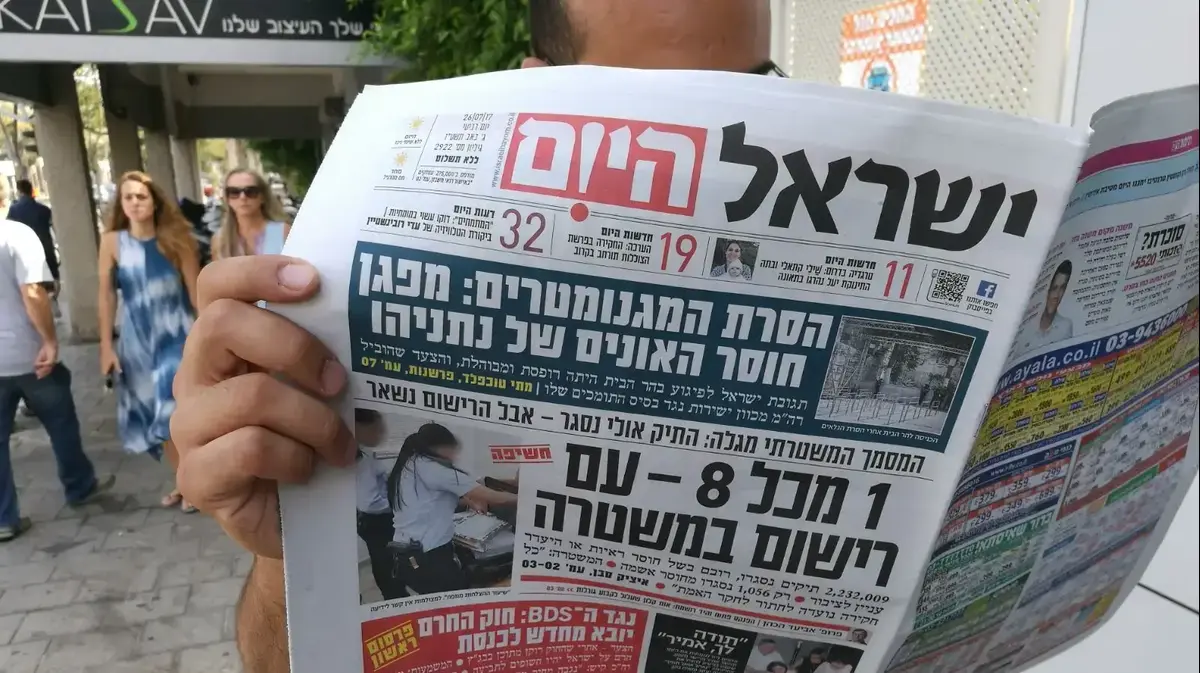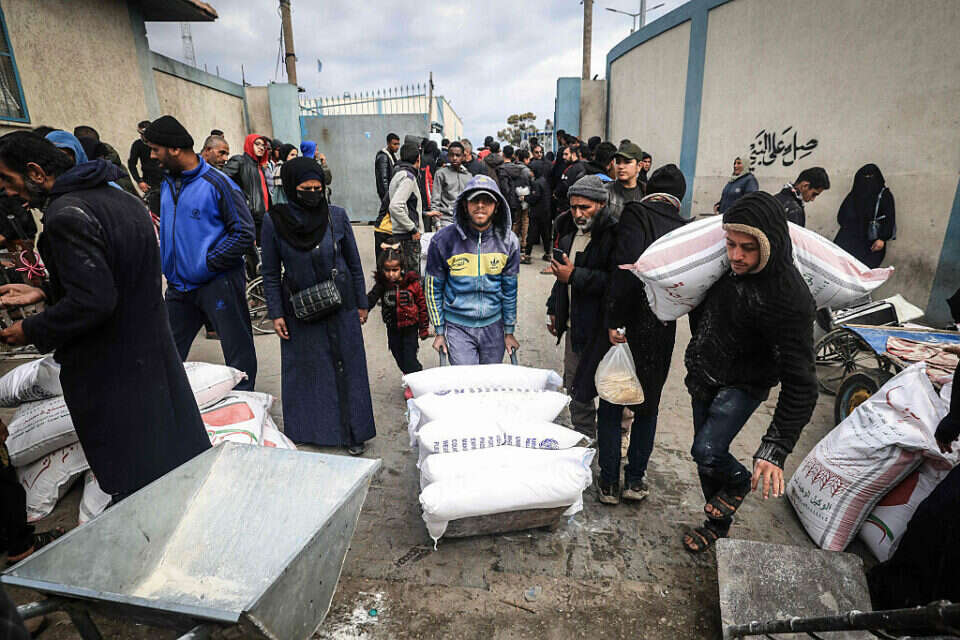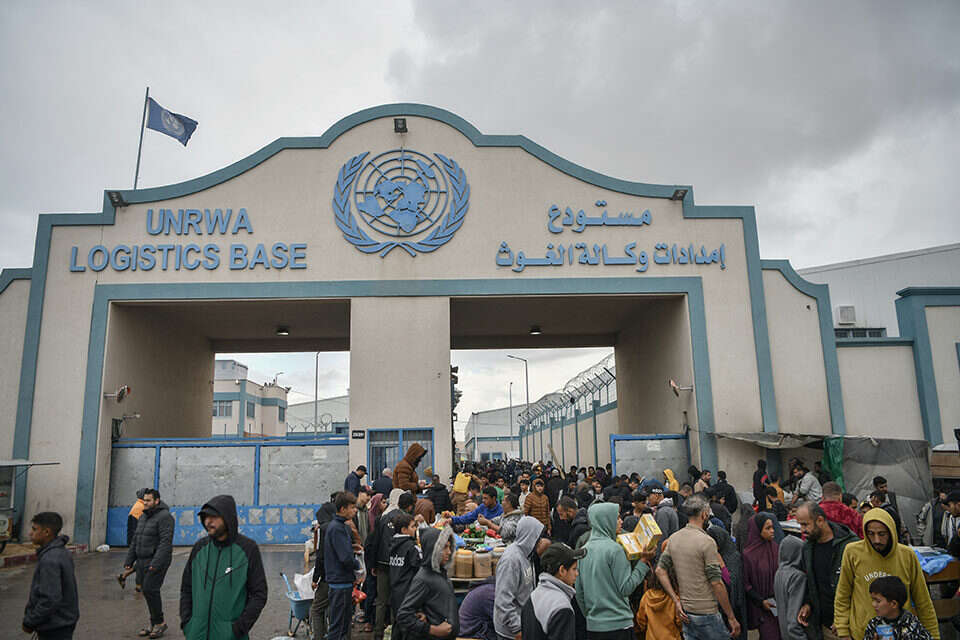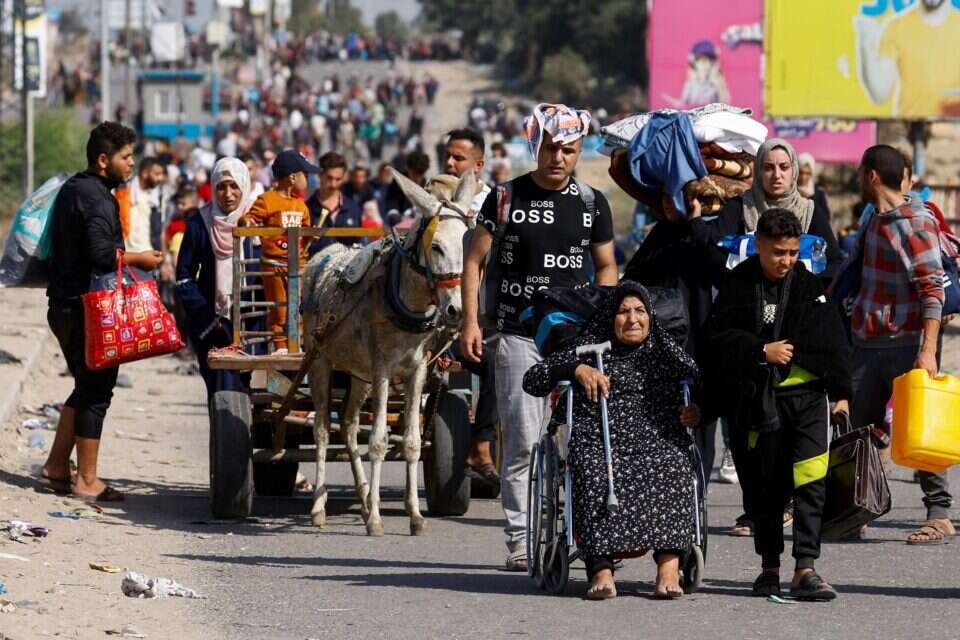A worthy headline appeared yesterday above an article by Nahum Barnea in Yedioth Ahronoth, which dealt with the Arnona fund scandal: "Looting, looting, looting." But if I had edited the page, I would have slightly changed the use of screaming letters to a similar heading: "Plunder, Disgrace, Byzantium."
Benjamin Netanyahu's government, which is supported by the ultra-Orthodox, bought their hearts with a budget share of NIS 12.5 billion, and for nothing. During the tenures of Naftali Bennett and Yair Lapid, while Dr. Yifat Shasha Biton served in the Ministry of Education, the Great Gur Hasidism agreed to include core curriculum for the benefit of the younger generation in its institutions' agendas. But Netanyahu's government also retracted the important achievement of its predecessor, opening its pocket to the activities of Torah Judaism. This is the Byzantine essence of Israel these days.
Everyone who studied in high school and university - not only Talmud, but also subjects originating in world culture - is familiar with the concept of "Byzantium". It was established at the end of the fourth century as the eastern remnant of the glorious Roman Empire, and its days were characterized by corruption and moral rot and flattery of power, bribery and deceit and breach of trust. Over the years, it became synonymous with governmental rot.
How far is Israel these days from the accepted definition of Byzantium? Now came the Arnona Fund crisis and resurfaced the question.
The government's intention to transfer more money to the ultra-Orthodox sector caused understandable anger in the cities that are being sued to transfer part of their income from municipal taxes to other localities. Why and why? Is it a fine? Is this punishment for efficient municipalities that draw businesses into their territory, and are now forced to pass on the fruits of their achievements to those who did not bother and work to improve the standard of living of their residents?
No, the government ministers explain, the intention is not to increase false funding for Haredi communities, but to take from the rich for the benefit of the disadvantaged. Supporters of the government's property tax fund such as the image of Robin Hood – the man who turned robbery into an instrument of justice and the transfer of means of payment from the wealthy to the poor in the literary classics – present themselves as his successors, although most do not know who he is.
Nonetheless, those who grew up with "all of Israel are responsible for each other" cannot simply slam the door on those who fight for the Arnona tax, who claim to strive for equality. Even when reading a lecture by a journalist, who I don't believe even a word coming out of his keyboard and a letter in his tweets, it is appropriate to place in the debate a public litmus test paper for clarifying the issue, and this is how it appears in my proposal:
Ron Huldai in Tel Aviv and Haim Bibas in Modiin and their colleagues will be obliged to form a kind of twin city alliance with communities such as Kiryat Shmona and Safed in the north, or Sderot and Netivot and Ofakim in the Negev. They will form a joint council, and decide together what capable cities will invest in their twins.
For example, Tel Aviv will agree to fund core studies in ultra-Orthodox communities that lack math and English and chemistry and biology. It will pay for the teachers and the transportation and the rented building, and everyone who studies the most is fine.
Another practical example: in Tel Aviv and a few other places, there is an almost anonymous institution, initiated by Professor Haim Harari of the Weizmann Institute, which bears the name "Hamada". Not Hamda, but Hamada - an acronym for "science education". The institution costs a fortune. In his expensive laboratories, he raises the level of students who are interested in advancing their abilities. Every Haredi who passes through it successfully will definitely get out of the cycle of poverty, and will earn a living not only with dignity but also with interest, and so on in other projects.
This is an outline of compromise. It requires those with the ability to contribute, but allows them to determine with the needy haredim where their money will flow.
And who wouldn't agree? Government. Because it is eager to entrust the money to the businessmen, and distribute it to their political needs as they please, and this time, it seems to me, the country will not "rest for 40 years." It will not pass.
Wrong? We'll fix it! If you find a mistake in the article, please share with us









